Housing has undoubtedly come a long way from the painted caves of 25000 B.C. to the smart homes of today. Already, we can automate our lighting, heating, cooling and gadgets to optimise energy efficiency, reduce costs and enhance productivity. We have greater security and we can even remotely spy on our cat to make sure she’s not climbing on the kitchen counter in search of treats again.
But what comes next?
Imagine coming home after a long day of toiling at your desk, and it’s painless. Your A.I. assistant, who has already organised your entire evening, greets you with warmth. In the kitchen, your children are happily eating dinner while watching a movie on a V.R. headset. And you didn’t have to pay for childcare because your A.I. assistant looked after the kids. When you enter the bathroom, the sensors in your mirror detect a minor infection and order a prescription that’s delivered to your door by an Amazon drone the next day. You don’t get sick. The house is immaculate thanks to your trusty team of robots who clean up after everyone, so you don’t have to. When you go into the bedroom, your wardrobe suggests an outfit change, based on your preferences that it’s learned over time.
This may seem like a sci-fi fantasy, but billions of dollars are currently being poured in developing the seamless smart home of the future.
Here are just some of the things we can expect in the future as smart home technology becomes increasingly sophisticated…
The integral nature of integration
Presently, one of the most significant challenges facing smart home technology is integration. Having to use multiple key commands or different apps to access different devices is time-consuming and complicated. Consumers are demanding a seamless experience with one interface to ensure convenience. Many businesses are addressing integration with professional home automation. Enterprises such as Control 4 and Josh.ai are proving the technology’s potential. Developing smart home technology that successfully integrates into households will be the primary driver in overcoming consumer scepticism.
Ensure it, secure – ity
It’s estimated that by 2022, 63 million American homes will qualify as smart, and as we rely more on smart home tech we can expect some smart hacking too. Once hackers can exploit the enormous security vulnerabilities in so many of these devices, they’ll use them as a way to access highly sensitive data and crash servers. As attacks become more commonplace, the necessity for smart home security tech will rise. We can expect to receive real-time alerts when suspicious activity is observed, and devices will be regulated by governments who’ll require security measures such as multi-factor authentication. As security breaches could seriously damage consumer confidence in smart home technology, companies will ensure they do everything in their power to safeguard the industry.
Your wealth lies in your health
Users will live healthier, prolonged lives thanks to cleaner air and water, alongside proactive analysis of waste through garbage, toilets and sewers. We’ll have smart bathrooms that release relaxing brainwaves and aromatherapy, as well as mirrors that can assess the state of your health and notify you of underlying health conditions. We’ll be able to monitor our sleep patterns and use alarm clocks that sense when we’re in a light REM sleep cycle and wake us accordingly.
Smart home technology has transformed our lives and how we enjoy our homes. Innovation has ensured greater convenience, security, efficiency and reduced costs. The potential offered by deeper integration, health innovations and other new tech appears endless. Valuing our homes as the one place where we can completely control our environment, the world of smart tech looks set to enhance and enliven our experience in the home long into the future.

